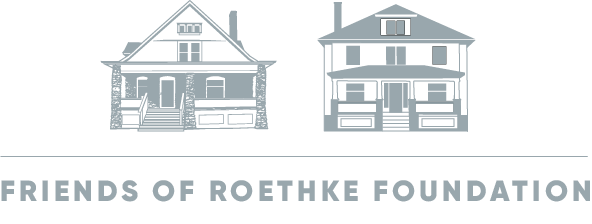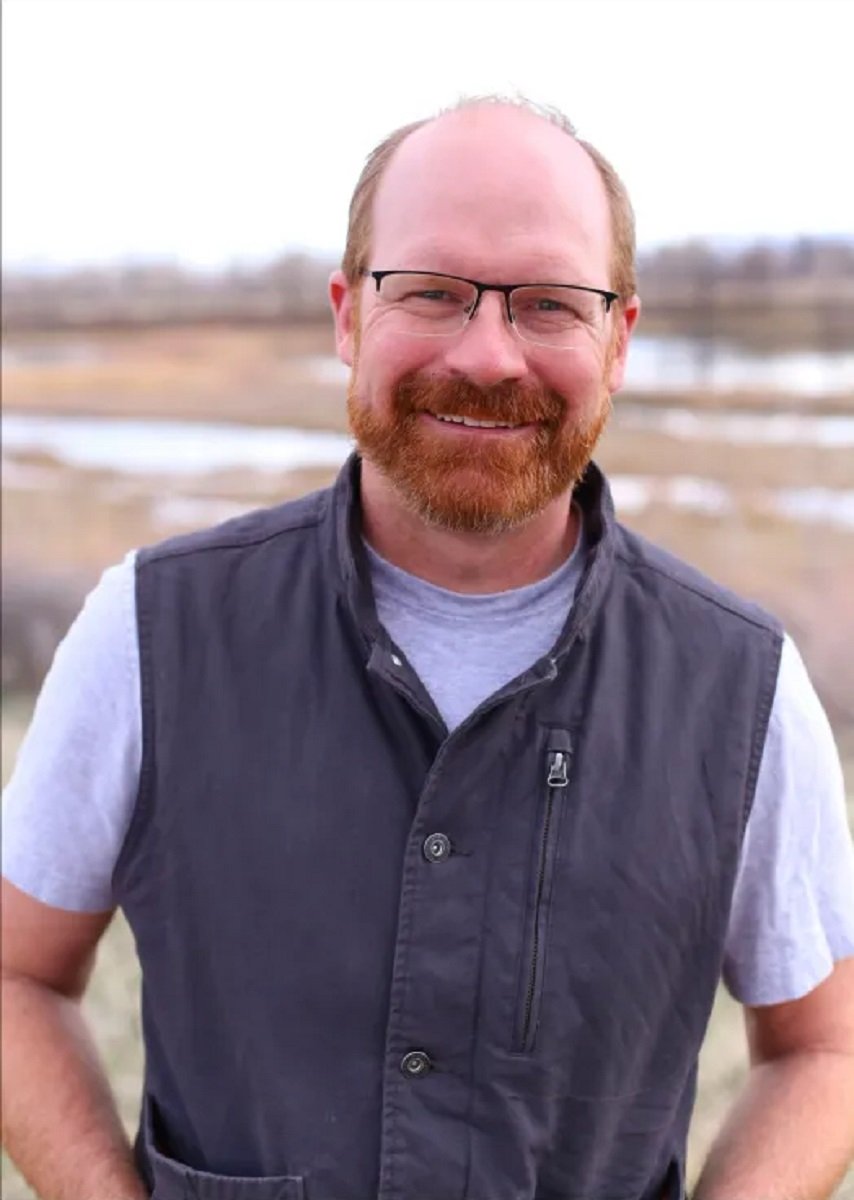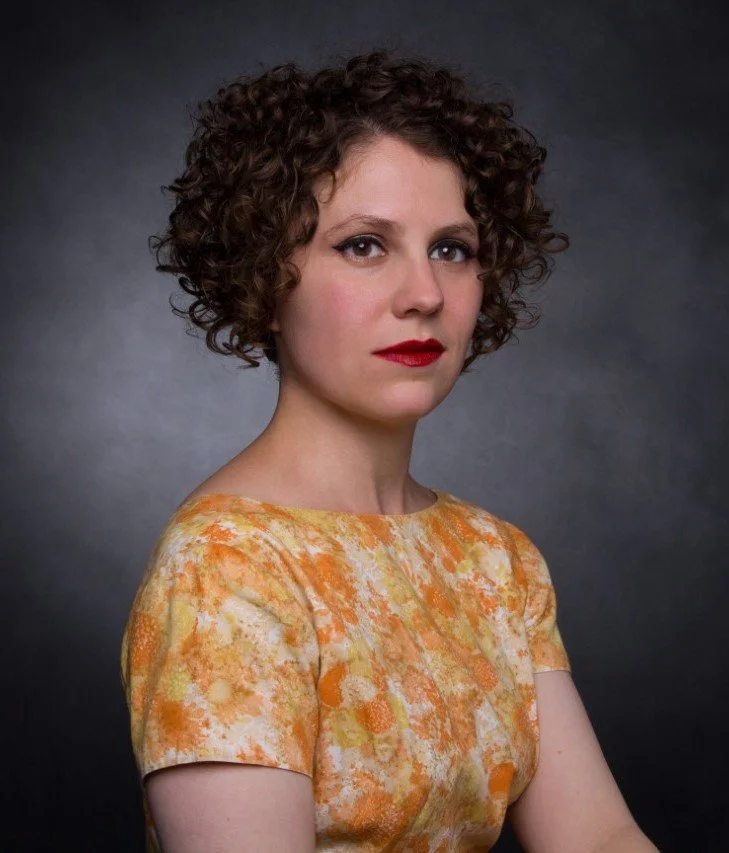Welcome Saginaw Library Patron!
Join us in celebrating Theodore Roethke's birthday month.
Our Partnership with the Public Libraries of Saginaw:
As a member of a Saginaw public library, you get free access to all four of our May Virtual Speaker Series events! Simply fill out the form on this page, and we’ll send you an email with the Zoom links for the events.
About the events:
This month, our Speaker Series features contributors to A Field Guide to the Poetry of Theodore Roethke (2021). They’ll talk about their analysis of Roethke’s poems and take questions from the audience.
May 2: Russell Brickey – “The Storm of the Mind vs. Family and Machine in Theodore Roethke's ‘Big Wind'"
Learn more »May 9: Aaron Moe – “Animality in the Poetry of Whitman and Roethke”
Learn more »May 16: Sarah-Kate Moore – “‘Night Crow’ and Imagery in the Poetry of Theodore Roethke”
Learn more »May 23: Bernard Quetchenbach – “The Ecological Vision of Theodore Roethke's ‘The Far Field’”
Learn more »
All events are held on Tuesdays at 7 p.m. on Zoom.
Read about the May Speaker Series Events
May 2 at 7 p.m. EST
Russell Brickey – “The Storm of the Mind vs. Family and Machine in Theodore Roethke's ‘Big Wind'"
Russell Brickey contributed an essay on Theodore Roethke’s poem “Big Wind” to A Field Guide to the Poetry of Theodore Roethke (2021), edited by William Barillas and published by Ohio University Press. “Big Wind,” the last poem in the greenhouse sequence in Roethke’s second book, describes one of the Roethke family’s greenhouses and the work required one night to protect it from a terrible storm. Brickey’s reading demonstrates how the poem’s biographical and formal elements create “a portrait of the Roethke nursery, which represents the taproot of emotional life, juxtaposed with the turbulent weather of Great Lakes which in turn personifies upheavals in the human psyche.” Brickey will present his interpretation of this poem and then take questions and comments from the audience.
May 9 at 7 p.m. EST
Aaron Moe – “Animality in the Poetry of Whitman and Roethke”
While imagery of plants, both domestic and wild, is central to Theodore Roethke’s poetry, he also wrote memorably about wild animals. Scholar Aaron Moe contributed an essay on one of Roethke’s animal poems, “The Pike,” to A Field Guide to the Poetry of Theodore Roethke (2021), edited by William Barillas and published by Ohio University Press.
Employing zoopoetics, which he defines as the study of “animal presences in the “gestures of a poem,” Moe suggests how “the form of this poem emerges from an attentive engagement with another species.” In his talk, Moe will touch on this and Roethke’s other animal poems and relate them to the animal presences in the poetry of Walt Whitman, one of Roethke’s key influences. Moe will present his interpretation of this poem and then take questions and comments from the audience.
May 16 at 7 p.m. EST
Sarah-Kate Moore – “‘Night Crow’ and Imagery in the Poetry of Theodore Roethke”
Roethke’s short poem “Night Crow” is the subject of Sarah-Kate Moore’s contribution to A Field Guide to the Poetry of Theodore Roethke (2021), edited by William Barillas and published by Ohio University Press. “Night Crow” envisions a bird that is both actual and symbolic, existing in the shared world and within the human mind. Moore discusses how Roethke’s poem “begins with a concrete image perceived by the outer, physical eye” but then turns inward “into the depthless abyss of the unknown inner self.” Moore will present her interpretation of this poem and then take questions and comments from the audience.
May 23 at 7 p.m. EST
Bernard Quetchenbach – “The Ecological Vision of Theodore Roethke's ‘The Far Field’”
The title poem of Theodore Roethke’s last and posthumously published book alternates between two settings: Michigan’s Saginaw Valley, site of the poet’s childhood, and the Pacific Northwest, the region where he lived during the last decade and a half of his life. In his ecocritical reading of “The Far Field,” one of the six long poems in Roethke’s “North American Sequence,” Quetchenbach demonstrates how Roethke “maintains the dignity of the commonplace by expanding the net of connections in all directions. . . .” The “journeying self in ‘The Far Field’ emerges into a vision of comprehensive ecological connectedness.” Quetchenbach will present his interpretation of this poem and then take questions and comments from the audience.





